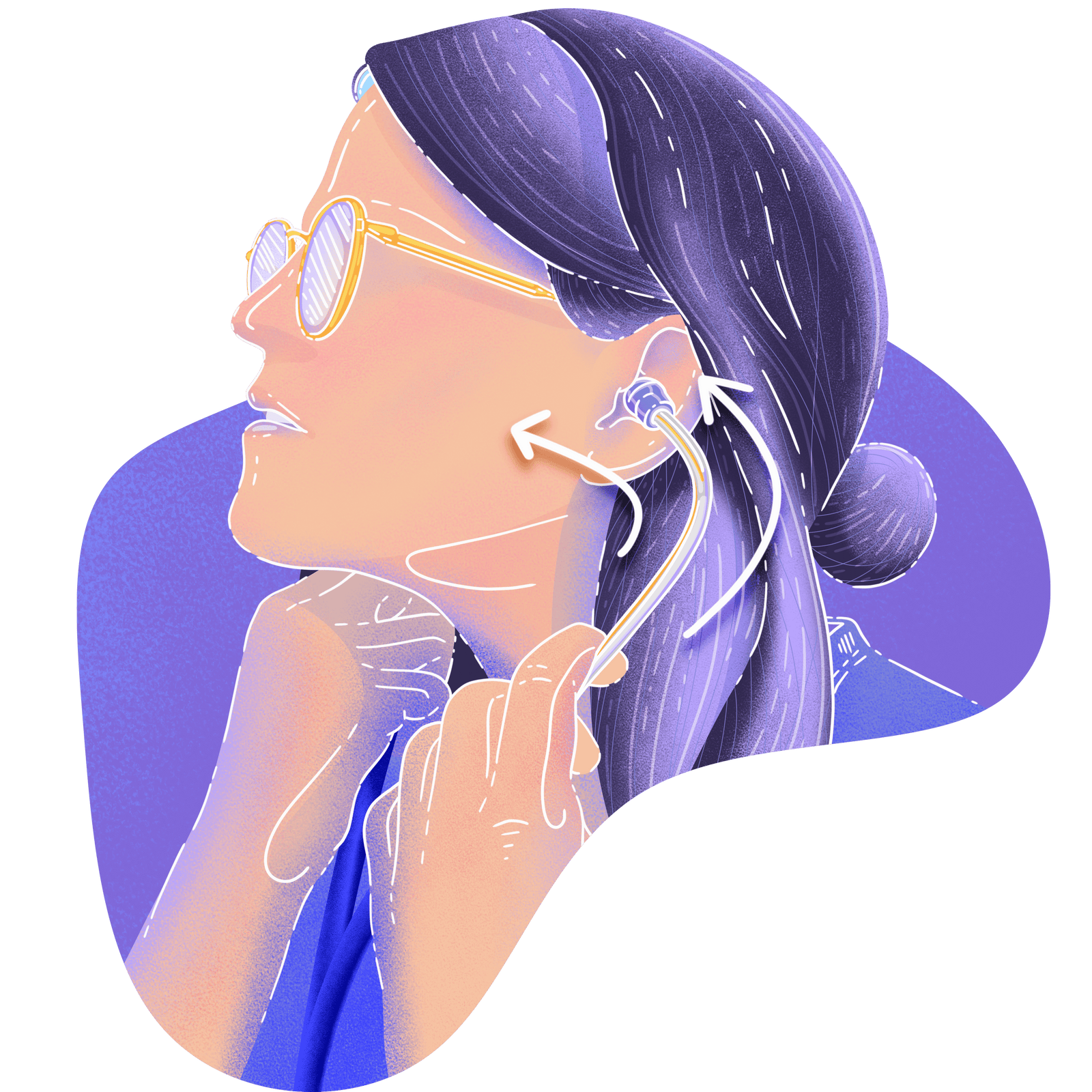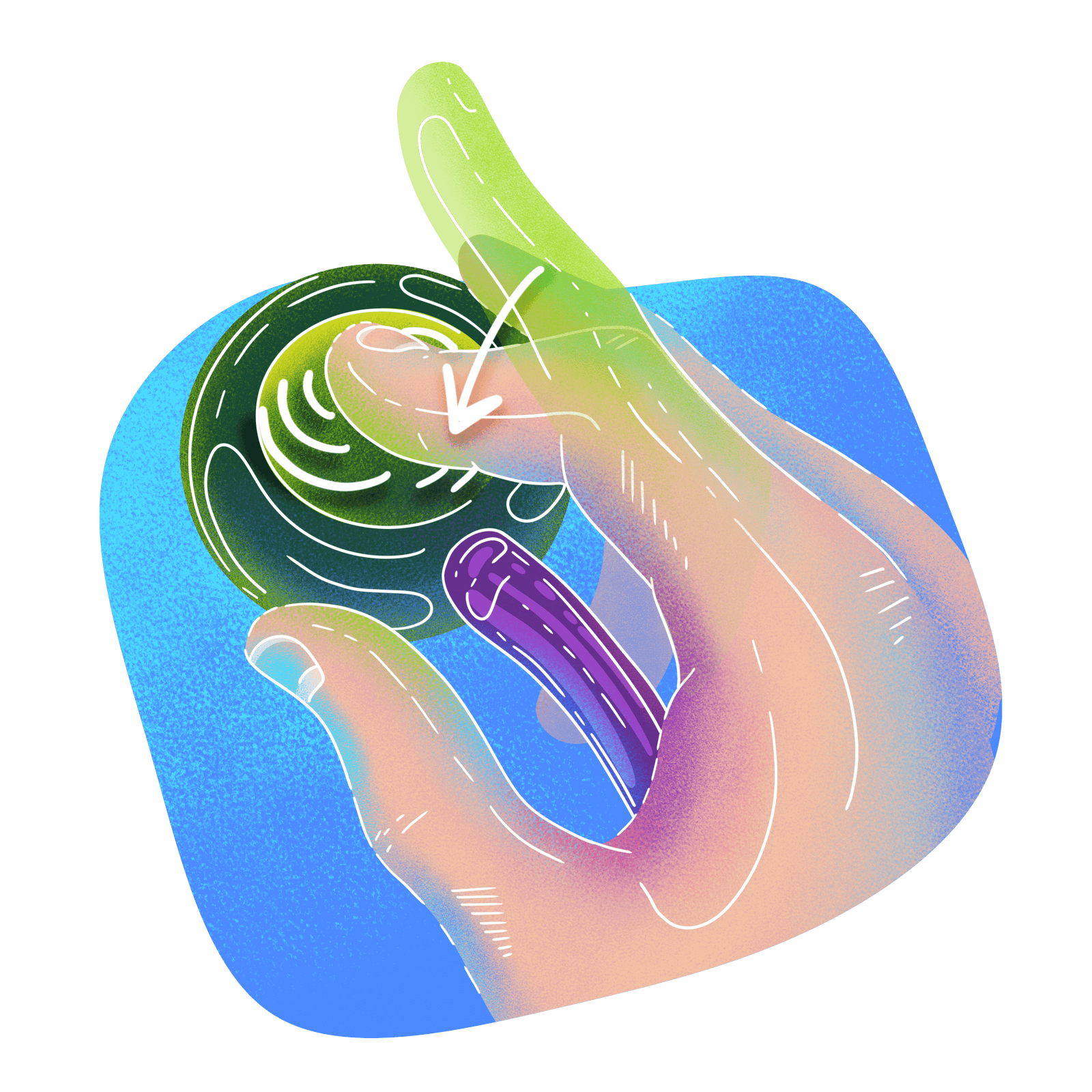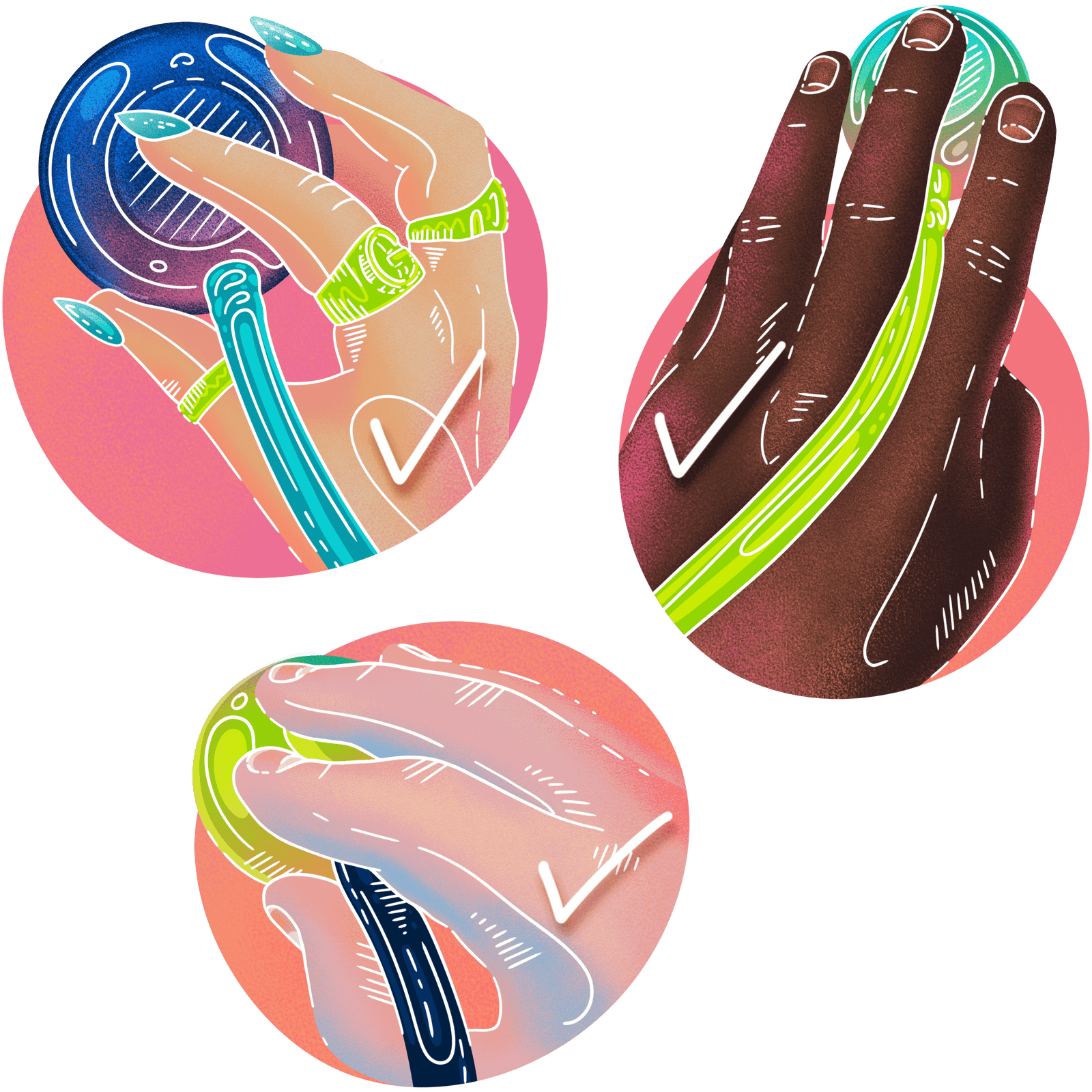Warranty

Starting with the eartips and binaurals, correct usage is necessary to be able to hear anything at all. You'll notice the ear tips are both pointing slightly in one direction and they should be worn pointing towards your face. That way the sound travelling up the tube is aimed right into your ear canals. Wearing the headset backwards will put the eartip openings up against the concha of your ear and completely block out the sound. That being said, you may have ear geometry where wearing it backwards transmits clearer sound and feels more comfortable.
Starting with the eartips and binaurals, correct usage is necessary to be able to hear anything at all. You'll notice the ear tips are both pointing slightly in one direction and they should be worn pointing towards your face. That way the sound travelling up the tube is aimed right into your ear canals. Wearing the headset backwards will put the eartip openings up against the concha of your ear and completely block out the sound. That being said, you may have ear geometry where wearing it backwards transmits clearer sound and feels more comfortable.
The most important part of using a single-sided diaphragm is applying pressure! Hold the globe however feels comfortable to you as long as you are pressing down around or near the center to create a seal against the patient's body. A single-side diaphragm is pressure-sensitive: you pick up different frequencies by adjusting the amount of pressure. It will take a little bit of adjustment if you are coming from a two-sided (bell & diaphragm) stethoscope.
The most important part of using a single-sided diaphragm is applying pressure! Hold the globe however feels comfortable to you as long as you are pressing down around or near the center to create a seal against the patient's body. A single-side diaphragm is pressure-sensitive: you pick up different frequencies by adjusting the amount of pressure. It will take a little bit of adjustment if you are coming from a two-sided (bell & diaphragm) stethoscope.


As long as you are applying adequate, even pressure and getting results in your auscultation, how you choose to hold the bell is up to you and, ultimately, what is comfortable to you.
As long as you are applying adequate, even pressure and getting results in your auscultation, how you choose to hold the bell is up to you and, ultimately, what is comfortable to you.
If you are working in an extra noisy environment and are struggling to isolate the target frequency, covering the globe with your palm will add some extra insulation.
If you are working in an extra noisy environment and are struggling to isolate the target frequency, covering the globe with your palm will add some extra insulation.
